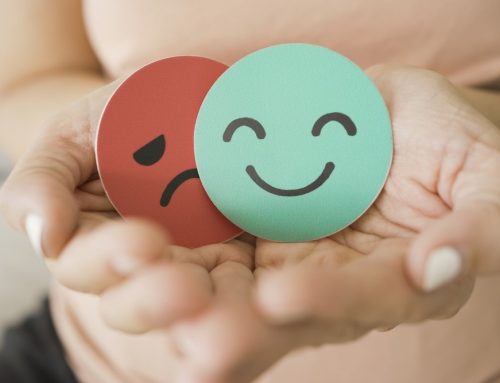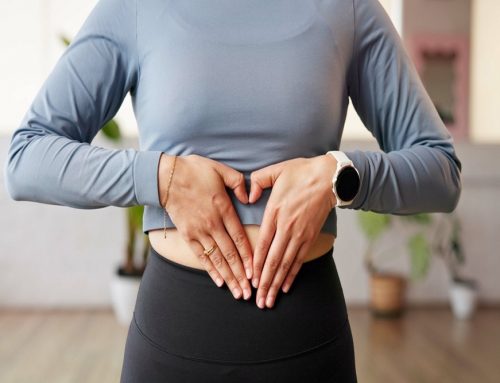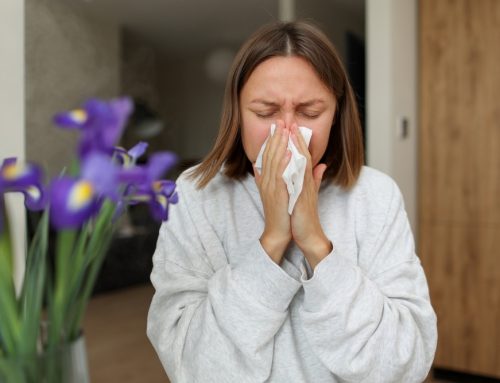Summer is here and the first thing that pops into our minds is beach tanning and sunny outdoor outings. While it may seem like hiding from the sun is the best idea during this hot season, it’s not the smartest idea to take it to the extreme. In fact, 13% of the population does NOT get enough Vitamin D (which is obtained from sunlight). Low vitamin D intake is considered a major health concern. That’s why in today’s blog, we will be going over several vitamin D deficiency prevention tips so that you can be as healthy as possible!
What is Vitamin D?
Vitamin D is a fat-soluble vitamin that helps the body with calcium absorption; which promotes the growth and mineralization of all of your bones. It’s also involved in several functions of your:
- Immune system
- Digestive system
- Circulatory system
- Nervous system
Vitamin D is important. Besides helping improve your bodily functions, it also is known to prevent a variety of illnesses, such as:
- Diabetes
- Cancer
- Heart disease
- Depression
It’s important that we obtain the right amount of vitamin D the body needs. The U.S. Endocrine Society recommends 1,500–2,000 IU per day. Below we’ll go over several vitamin D deficiency prevention tips:
1. Spend Some Time Under the Sun!
Did you know that vitamin D is often referred to as the “sunshine vitamin?” This is because the sun is one of the best sources of this essential nutrient. Your skin contains a type of cholesterol that functions as a precursor to this vitamin. When this compound is exposed to the UV-B radiation that the sun emits, it becomes vitamin D. In fact, vitamin D derived from the sun circulates in your body for twice as long as that derived from food or supplements. While it’s vital to protect yourself from skin cancer by avoiding overexposure to sunlight, it is also important to not overdo it and consequently become Vitamin D deficient. So remember, at least 10-15 minutes of sunlight exposure per day is optimal!

2. Enjoy Some Fresh Seafood!
Seafood and fatty fish are amongst the best natural food sources of Vitamin D. As a matter of fact, a 3.5-ounce serving of canned salmon can provide you with up to 386 IU of Vitamin D! Other types of fish and seafood that are vitamin D rich include:
- Mackerel
- Shrimp
- Oyster
- Tuna
- Anchovies
- Sardines
3. Consume More Mushrooms
If you’re a vegetarian, mushrooms are your only source of Vitamin D. Like us humans; mushrooms can make their own vitamin D upon exposure to UV light. The only difference is that humans produce a form of vitamin D known as D3 or cholecalciferol, whereas mushrooms produce D2, or ergocalciferol. However, be sure to consume the right mushrooms as vitamin D content depends on the type of mushroom you consume, such as wild maitake mushrooms.

4. Eat Fortified Foods
As you may have noticed, very few foods contain high levels of vitamin D, which is why this nutrient is often added to staple goods with a process known as fortification. Some common examples of fortified foods that can provide you with Vitamin D include:
- Orange juice
- Cow’s milk
- Plant-based milk alternatives (such as almond & soy milk)
- Tofu
- Cereals
- Yogurts
You should keep in mind that vitamin D levels in fortified foods may vary by country, brand, or type. Check the ingredient list to see how much vitamin D the good contains.
5. Take Supplements
For many people, the best way to ensure that they’re taking in the right amount of vitamin D is by simply taking supplements. As previously mentioned, Vitamin D exists in two biological forms: D2 (ergocalciferol) and D3 (cholecalciferol). D2 comes from plants, while D3 comes from animals. Research has shown that D3 is more effective at raising and maintaining Vitamin D levels than D2. We recommend doing some research when buying your supplements. Some countries—such as the United States—do not regulate nutritional supplements. This can negatively impact the supplement quality. That’s why we recommend choosing supplements that are tested for purity and quality by a third party, such as:
Vitamin D is an essential nutrient that many of us don’t get enough of. With that said, you can boost your vitamin D levels by getting more sun exposure, eating more vitamin D-rich food, and taking supplements. For more personalized recommendations to prevent vitamin D deficiency, visit our Naturopathic practice! We’d love to help you reach your optimal level of health! Contact Dr. Brandy McGill to make an appointment by calling (619) 784-3118 or clicking here. Remember, it’s ideal to have your vitamin D levels tested by your medical professional to ensure you’re taking the most appropriate dose.
*The content is not intended to be a substitute for professional medical advice, diagnosis, or treatment. Always seek the advice of your health provider.






